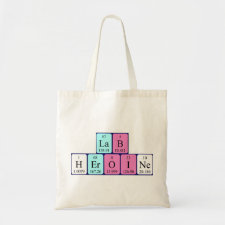
Authors: Fish RH
Article Title: Metal ion templated polymers. Synthesis and structure of N-(4-vinylbenzyl)-1,4,7-triazacyclononane-metal complexes, polymerization of the metal-monomer complexes with divinylbenzene, and metal ion selectivity studies of the demetalated resins.
Publication date: 1997
Journal: Abstracts of Papers of the American Chemical Society
Volume: 213
Issue: (IEC)
Page numbers: 147.
Abstract: The selective removal of toxic metal ions from aqueous waste sites represents a new direction in environmental inorganic chemistry. We will introduce a relatively new approach in separation science: the metal ion templated polymer process entails the synthesis, metal ion complexation, and polymerization of monomer-metal complexes for selective removal of metal ions from aqueous solution. While the concept has been reported, there it a general lack of knowledge concerning the structures of the monomer-metal complexes, the polymerization chemistry, and parameters concerning selectivity; i.e., template metal ion versus stability constants of the metal-ligand complexes in the polymer matrix. We will discuss our initial results concerning the synthesis of mono- and tris-N-(4-vinylbenzyl)-1,4,7-triazacyclonone ligands, their Zn2+ complexes, and the bulk polymerization of these Zn2+ templated monomers with a crosslinking agent, divinylbenzene. Selectivity studies with the demetalated bulk polymers for Cu2+, Zn2+, Ni2+, Co2+, Mn2+, and Fe3+ ions will be presented. These studies were funded by the EM/OST/OTS/ESP program of the DOE



Join the Society for Molecular Imprinting

New items RSS feed
Sign-up for e-mail updates:
Choose between receiving an occasional newsletter or more frequent e-mail alerts.
Click here to go to the sign-up page.
Is your name elemental or peptidic? Enter your name and find out by clicking either of the buttons below!
Other products you may like:
 MIPdatabase
MIPdatabase









